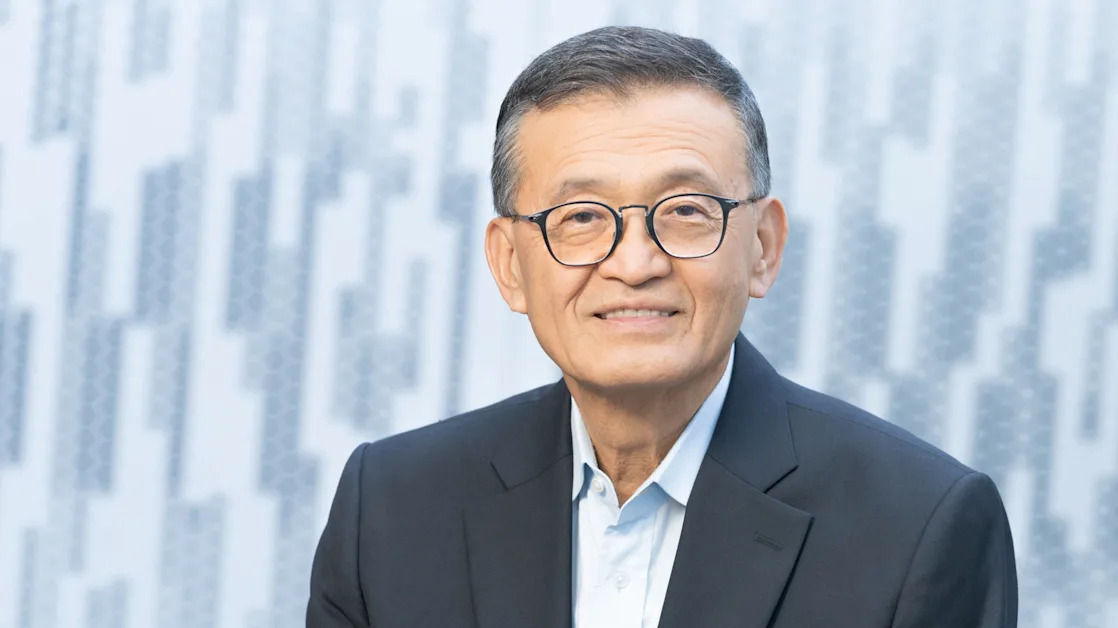
‘There are no quick fixes’: Intel’s CEO gives Wall Street a reality check about the chipmaker’s would-be turnaround
Intel’s new CEO dispelled hope for a quick solution to his company’s problems that have turned the one-time chip making titan into a case study for what happens when a tech business fails to innovate.
“There are areas we need to improve and there are no quick fixes,” Lip-Bu Tan warned on Thursday during his first earnings call after his hiring last month to revive the company.
Succeeding with that mission, however, will be a huge challenge for Tan, who took over after his predecessor, Pat Gelsinger, was pushed out . Intel’s troubles are years in the making after its executives were slow to realize the importance of chips specialized for artificial intelligence. Once they did, rival Nvidia was already well on its way to dominating the market for the brains fueling the recent tech boom.
In the meantime, Intel’s annual revenue has cratered more than 30% from its peak in 2022. And, over the past five years, investors have sent the company's stock tumbling by nearly two-thirds to the same level it was all the way back in 2012.
Tan, once CEO of chipmaker Cadence Design Systems , didn’t come to the first quarter earnings call armed with a detailed plan for his would-be turnaround. But he did give some broad strokes of what he’s thinks will help get the ailing company back on track.
It includes some major changes—and some pain.
Tan said that he would slash operating expenses, including $500 million this year, to a total of $17 billion. Next year, the company expects reduce those expenses to $16 billion.
Capital spending, which includes any new factories, is slated to be cut by $2 billion this year, to $18 billion.
Meeting those goals will require job cuts, Tan said, part of what he called a push to eliminate bureaucracy and speed up decision making. Earlier this week, news reports said the company would cut 20% of its workforce , but at least on Thursday, there was no confirmation about the scope of the layoffs.
“We need to fundamentally transform our culture and the way we operate,” Tan said.
He also plans to kill or pause projects that he said have distracted Intel from its core business of making chips for PCs and data centers. And he promised to review the company’s worldwide portfolio of factories before committing to spending more on them, all but putting a stop to his predecessor’s building spree.
To complicate matters for Tan, the economy isn’t cooperating. President Donald Trump’s ongoing tariff war has created uncertainty across the corporate world, which inevitably translates into reduced spending on most products, including chips. Intel chief financial officer David Zisner acknowledged that it also almost certainly means Intel will have to pay more for any supplies it imports.